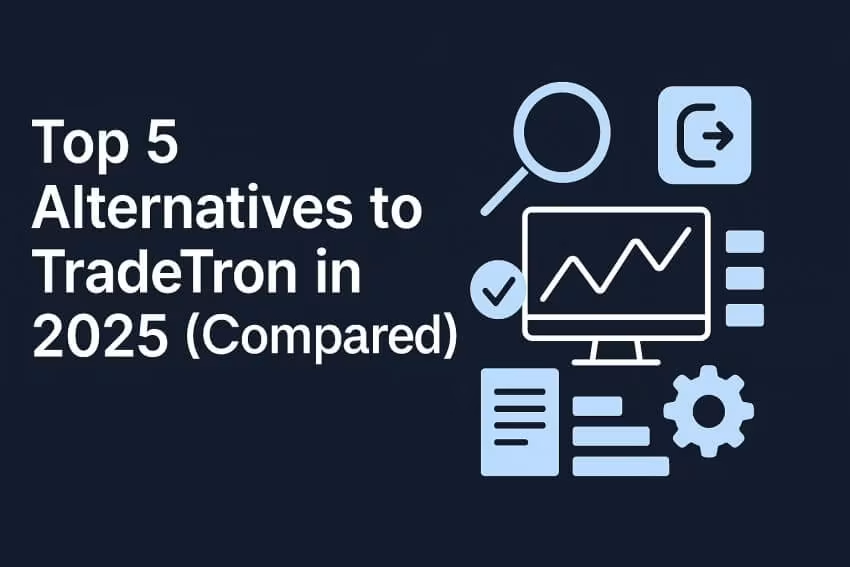Market Risk
Market risk is the most obvious and significant risk when conducting call and put options trading.
- This risk arises from adverse movements in the price of the underlying asset. For call options, if the asset's price does not increase as anticipated, the option may expire worthless. Conversely, for put options, a lack of decline in the asset's price can result in a complete loss of the premium paid.
- Market volatility can also amplify risks. While volatility can present opportunities, it can also lead to unexpected and rapid price swings, making it challenging to predict market movements accurately. Traders must be prepared for the possibility that market conditions can change abruptly, impacting their positions unfavourably.
Time Decay Risk
Time decay, also known as Theta, is a unique risk to options trading.
- As the expiration date of an option approaches, the option's time value decreases. This decay accelerates as the option nears its expiration.
- For traders holding options, this means that even if the market moves in their favour, the diminishing time value can erode the likelihood of favourable outcomes.
- Time decay affects both call and put options, making it crucial for traders to consider the timing of their trades carefully.
- A sound strategy must account for this erosion of value over time, balancing the potential for favourable price movements against the inevitable loss of time value.
Liquidity Risk
Liquidity risk refers to the possibility of not being able to buy or sell options contracts quickly at a fair price.
- In markets with low liquidity, the bid-ask spreads can be wide, leading to higher trading costs and potential slippage. This can be particularly problematic for traders who need to exit positions swiftly to mitigate losses.
- Liquidity risk is more pronounced in options with less trading volume, such as those on less popular or less volatile underlying assets.
- Traders should always check the liquidity of the options they plan to trade, as low liquidity can significantly impact the ability to manage and exit positions efficiently.
Leverage Risk
Leverage is one of the most appealing aspects of options trading, allowing traders to control a large position with a relatively small amount of capital. However, leverage also magnifies risks. Small adverse movements in the underlying asset's price can lead to significant losses, potentially exceeding the initial investment.
- This leverage effect requires traders to be disciplined and cautious.
- It is easy to overextend and take on too much risk, especially in volatile markets. Proper risk management techniques, such as setting stop-loss orders and limiting position sizes, are essential to mitigate the dangers associated with leverage.
Interest Rate Risk
Interest rate risk can affect options prices, particularly for longer-term options.
- Changes in interest rates influence the cost of carrying the underlying asset, which in turn impacts the options' pricing.
- Rising interest rates typically increase the cost of call options while decreasing the cost of put options, and vice versa.
- Traders must be aware of the broader economic environment and how changes in interest rates might affect their options positions.
- Monitoring central bank policies and economic indicators can help anticipate and respond to interest rate movements, reducing the potential adverse impacts on their trading strategies.
Platform and Execution Risk
Platform and execution risk are concerns in today’s digital trading environment.
- These risks involve potential technical issues, such as system outages, delayed order executions, and data feed errors.
- Such problems can prevent traders from executing trades at desired prices, leading to unexpected losses.
- When trading on algo trading platforms, it is crucial to choose reliable platforms with a robust infrastructure like uTrade Algos.
Ensuring that the platform offers real-time data, quick execution, and reliable customer support can mitigate these risks and enhance trading efficiency.
Volatility Risk
Volatility is a double-edged sword in options trading.
- While high volatility can provide opportunities for significant movements in the underlying asset's price, it also introduces unpredictability.
- Implied volatility, which reflects market expectations of future volatility, directly affects options pricing.
- Sudden changes in implied volatility can significantly impact the value of call put option strategy.
- A decrease in volatility can erode the premium of an option, while an unexpected spike can lead to rapid changes in the option's value.
- Traders need to monitor volatility levels closely and understand how changes can affect their positions.
Assignment Risk
For traders selling options, assignment risk is a critical consideration. This risk occurs when the seller of an option is required to fulfil the contract, either by delivering the underlying asset in the case of a call option or purchasing the asset in the case of a put option.
- Assignment can happen at any time before expiration, especially if the option is in-the-money.
- Assignment risk can lead to unexpected obligations and potential financial strain. Sellers must be prepared for the possibility of being assigned and have a clear plan for managing these situations, including ensuring they have sufficient capital to meet the obligations.
Strategy Risk
Complex options strategies, such as spreads, straddles, and strangles, introduce strategy risk.
- These strategies involve multiple positions and can be challenging to manage effectively.
- Each component of the strategy can be affected differently by market movements, volatility changes, and time decay, leading to unintended consequences.
- Traders using complex strategies must have a thorough understanding of how each leg of the strategy works and interacts with the others. Mismanagement or lack of understanding can lead to significant losses. Continuous education and practice are essential for effectively managing strategy risk.
Call and put trading involves a variety of risks that traders must understand and manage effectively. Awareness and proactive management of these risks are essential for any trader looking to engage in options trading. On algo trading platforms like uTrade Algos, traders can leverage advanced tools and algorithms to assist in managing these risks. By using sophisticated trading strategies and ensuring a thorough understanding of the associated risks, traders can navigate the complexities of options trading more effectively. However, it is always important to remain vigilant and continuously educate oneself about the evolving dynamics of the call and put options trading market.












